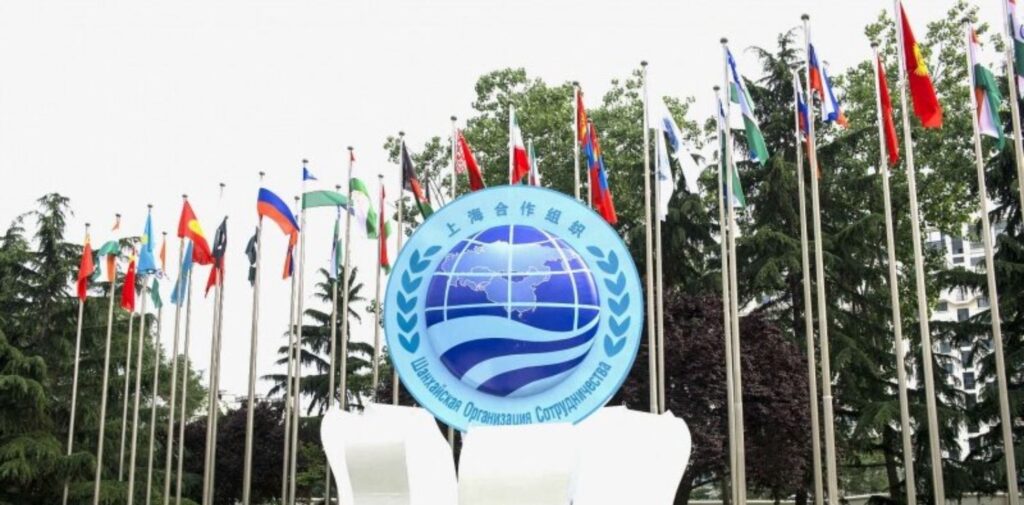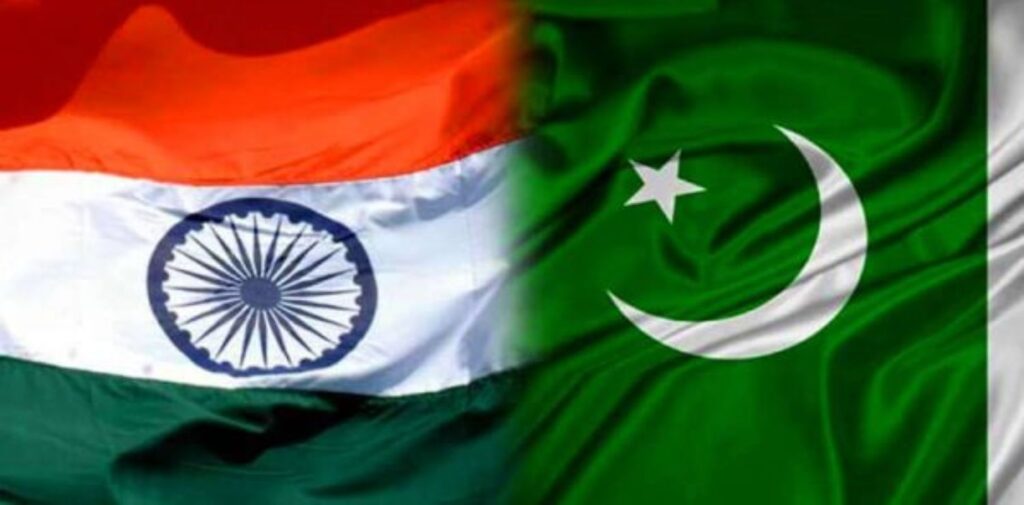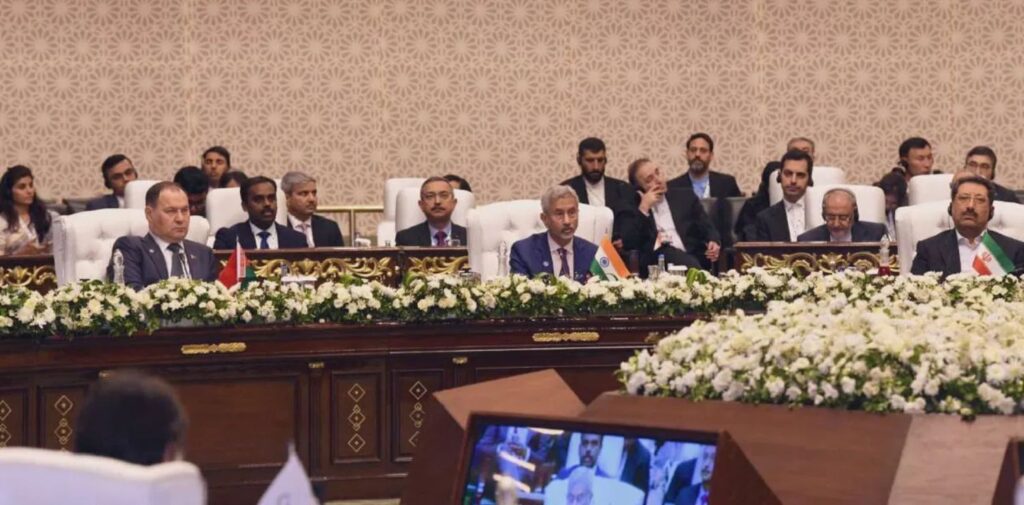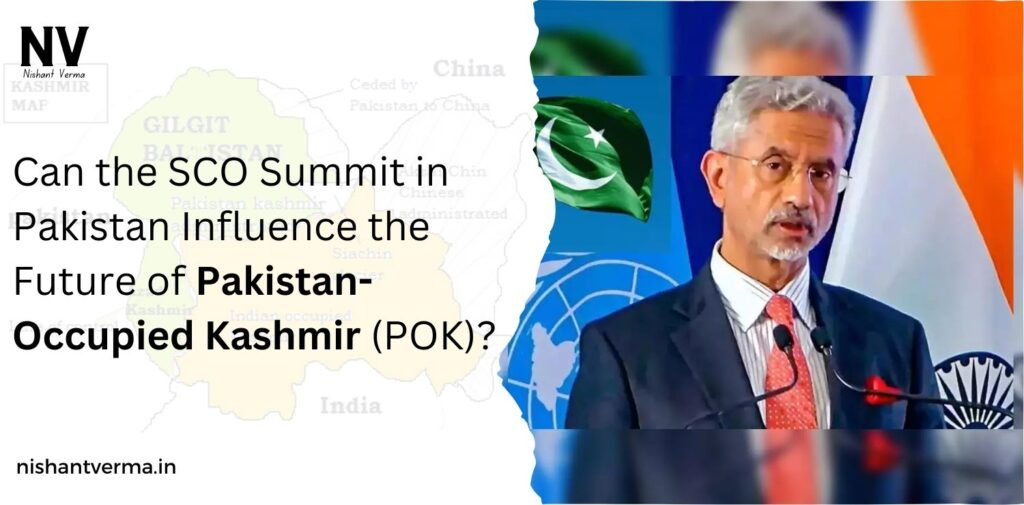The Shanghai Cooperation Organization (SCO) summit scheduled for October 15-16, 2024, in Pakistan presents a unique opportunity for dialogue among its member nations, particularly regarding sensitive issues like Pakistan-Occupied Kashmir (POK). As discussions unfold, many are left wondering: can a significant decision be made about POK during this summit? This article delves into the implications of the SCO summit, the positions of key players, and the potential outcomes that could shape the future of POK.
What is the SCO and Its Relevance to POK?
The Shanghai Cooperation Organization is a political, economic, and security alliance comprising eight member states: China, India, Kazakhstan, Kyrgyzstan, Russia, Tajikistan, Uzbekistan, and Pakistan. Established in 2001, the SCO aims to foster cooperation in various fields, including security, economic development, and cultural exchange.

Given its diverse membership and shared interests, the SCO provides a platform for discussing regional issues, including those related to POK. This territory has been a point of contention between India and Pakistan since the partition in 1947. India claims the entire region of Jammu and Kashmir, while Pakistan administers parts of it, referred to as Azad Jammu and Kashmir and Gilgit-Baltistan.
What Are the Current Dynamics Between India and Pakistan?
Tensions between India and Pakistan have been longstanding, with POK at the center of their disputes. While both countries have engaged in dialogue in the past, relations have soured in recent years, particularly after the abrogation of Article 370 in August 2019 by the Indian government, which revoked the special status of Jammu and Kashmir. This move has been met with significant backlash from Pakistan and has further complicated bilateral relations.

As the SCO summit approaches, India has received an invitation to attend. However, Indian officials, including External Affairs Minister S. Jaishankar, have ruled out any bilateral talks with Pakistan during the summit, citing ongoing tensions. This raises the question: how can meaningful discussions about POK take place in such an environment?
Can the SCO Summit Facilitate Dialogue on POK?
While the SCO is primarily a platform for regional cooperation, the participation of leaders from both India and Pakistan presents an opportunity for informal discussions about POK. However, several factors may limit the effectiveness of such dialogue:
- Existing Tensions: The prevailing animosity between India & Pakistan makes it challenging to engage in constructive discussions about POK. Until both countries can agree on a basis for dialogue, substantive outcomes are unlikely.
- Focus on Broader Issues: The agenda will likely prioritize broader regional issues such as economic cooperation, security challenges, and counter-terrorism efforts. While POK may be mentioned, it is unlikely to take center stage.
- Influence of Major Powers: The role of major powers like China and Russia in the SCO could influence discussions around POK. For instance, China’s close ties with Pakistan might lead to a narrative that downplays India’s claims on POK. Conversely, India’s strategic partnership with the US may strengthen its position within the SCO, but it could also complicate its interactions with Pakistan.
- Lack of Trust: Trust deficits between India and Pakistan hinder any meaningful dialogue on contentious issues. Both nations must build confidence through smaller, bilateral discussions before tackling larger issues like POK at multilateral forums.

The Impact of the SCO Summit on POK
Although significant breakthroughs regarding POK are unlikely during the SCO summit, the event may still have some implications for the region:
- International Attention: The summit will draw global attention to POK, potentially raising awareness of the issue and the need for a resolution. This could prompt greater international engagement and pressure for dialogue between India & Pakistan.
- Strengthening Alliances: Depending on the outcomes of the summit, alliances within the SCO may shift. For example, if Pakistan gains support from China and other members, it could embolden its stance on POK, while India may seek to solidify its relationships with other member states.
- Public Perception: The summit can influence public perceptions of POK in both countries. In India, the government may be pressured to take a firmer stance on its claims, while in Pakistan, nationalistic sentiments may be stirred if the country’s position is reinforced by SCO members.
- Future Discussions: While the current summit may not yield immediate results regarding POK, it could lay the groundwork for future discussions. If leaders can engage in constructive dialogue, there may be opportunities for addressing the issue at subsequent meetings or forums.
Conclusion: What’s Next for POK?
In summary, while the SCO summit in Pakistan presents an opportunity for dialogue, significant decisions regarding POK are unlikely given the existing tensions between India and Pakistan. The focus will likely remain on broader regional cooperation rather than addressing the contentious issue directly.
As we reflect on these developments, we invite readers to share their thoughts: Do you believe the SCO summit could pave the way for future discussions on POK? What steps should be taken to foster dialogue between India and Pakistan regarding this critical issue? Your opinions matter in shaping the discourse surrounding POK and its future.




